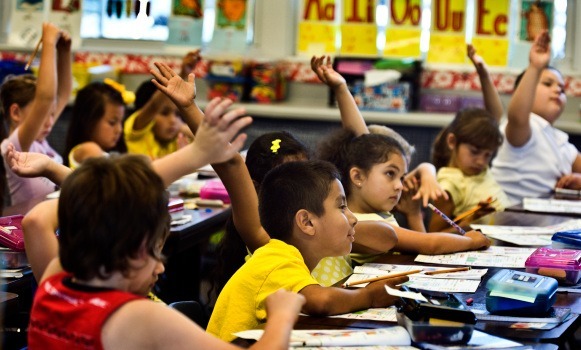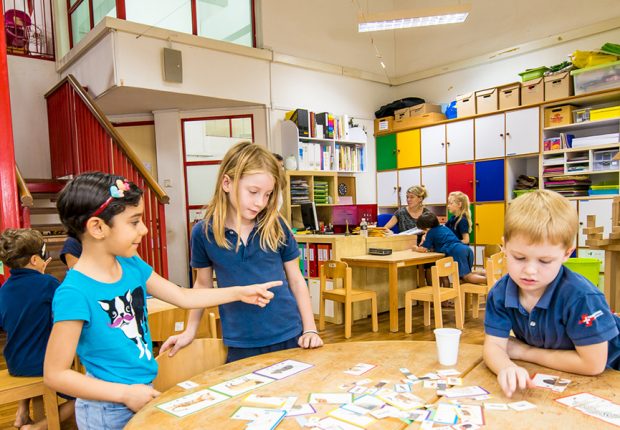Funding
The details below show how Haslemere House Day Nursery deliver the free childcare. Funding from local government to children attending our Nursery. Haslemere House offer 2 and 3 / 4 year funding – 15 or 30 hrs free childcare. All children who meet the eligibility criteria are able to take up a free place if their parent wants one. Parents will be made aware by the Nursery that they might be eligible for the free Childcare place and an invoice will be completed to show how much funding they will receive.
Sessions For Funding Are:
- 2 year funding – 3 a.m. sessions or 4 pm sessions(15 hrs) for 38 wks per year
- 3/4 year funding – 15 hours (Universal) 3 am or 3 pm sessions pw over 38 wks per year.
- 3/4 year funding – 30 hrs (extended) 10 hrs per day over 3 dys pw for 38 wks per Year .


If you would like your child to attend for more than 38 wks per year, then you will be Given an invoice that will take off any funding from your fees. Children who attend for the 30 hrs free funding only will be charged £6 per day for meals. Haslemere House will make sure that they use the government set base rate for funding that is set at the time (as it may increase in the future).
Base rates at time of this document are:
- 2 year old base rate: £5.80 per hour
- ¾ year old base rate: £5.02 per hour
- Early Years Pupil Premium – £0.53
- Deprivation – £1.00
- Special Educaton Needs Inclusion funding – 1b/Medium level – £2.80 pe hr ¾ yr olds and £2.55 for 2 yr olds
- 1c /high level – £10.50 per hr for ¾ yr olds and £7.80 for 2 yer olds(includes children undergoing an EHC Needs Assessment)
2 year funding
15 hour entitlement for eligible two-year-olds:
Two-year-olds: A child will be entitled to the free hours from the term after both of the following conditions are satisfied:
(1) the child has attained the age of two; and,
(2) the child or parent meets the eligibility criteria.
A child is entitled to 370 hrs per year over no fewer than 38 wks of the year and up to 52 wks of the year . This equates to 15 hrs pw for 38 wks of the year. Children may stretch their entitlement over more than 38 wks (and up to 52 wks). This means taking Fewer hours per week, subject to a maximum of 570 hours a year.
Eligibility for free early education for two-, three- and four-year-olds. Relevant dates for age criterion are:
| TABLE A | |
|---|---|
| Child born in period 1 | |
| 1ST January to 31st March | The start of term beginning on or following 1st April after the child’s 2nd birthday |
| 1st April to 31st august | The start of term beginning on or following 1st September after the child’s 2nd birthday |
| 1st September to 31st December | The start of term beginning or following 1st January after the child’s 2nd birthday |
These dates are consistent with those used for determining the start of compulsory education.
Two-year-olds are eligible for 15 hours of free early years provision if:
- The parent(s) claim one of the following benefits:
- Income Support
- income-based Jobseeker’s Allowance (JSA)
- income-related Employment and Support Allowance (ESA)
- Universal Credit –if a parent is entitled to Universal Credit and they have an annual net earned income equivalent to and not exceeding £15,400, assessed on up to three of the parent’s most recent Universal Credit
- the working Tax Credit 4-week run on (the payment you get when you stop qualifying for Working Tax Credit)
- the child has a statement of special educational needsmade under section 324 of the Education Act 1996;
- the child has an Education, Health and Care plan prepared under section 37 of the Children and Families Act 2014;
- the child is in receipt of Disability Living Allowance under section 71 of the Social Security and Contributions and Benefits Act 1992;
- they are looked afterby a local authority (under section 22(1) of the Children Act1989) or by a local authority in Wales within the meaning given by section 74(1) ofthe SocialServices and Well-being (Wales)Act 2014
- they are no longer looked after by a local authority as a result of an adoption order, a special guardianship order or a child arrangement order (within the meaning of section 8(1) ofthe Children Act 1989 or section 74(1)of the SocialServices and Well-being (Wales)Act 2014) which relates to either or both of the following
- with whom the child is to live;
- when the child is to live with any person.


The Department for Education’s eligibility checking system provides a mechanism for local authorities to verify whether children meet the eligibility criteria based on parental receipt of benefits (including Universal Credit). After 1stApril 2018),or any s The earned income threshold applies for places starting in the summer term of 2018 (on or
Further guidance on checking eligibility is set out below:
- tax credits and they have an annual income of under £16,190 before tax
- the guaranteed element of State Pension Credit
- support through part 6 ofthe Immigration and Asylum Act
All three- and four-year-olds (universal entitlement):
All three- and four-year-olds living in England are entitled to the universal entitlement irrespective of the immigration status of the child or their parent(s).
570 hours a year over no fewer than 38 weeks of the year and up to 52 weeks of the year, for every eligible children until the child reaches compulsory school age(the beginning of the term following their fifth birthday)
See relevant dates on table A above.
Three- and four-year-olds of working parents (extended entitlement):
A child will be entitled to the additional free hours from the term after both of the following conditions are satisfied:
(1) the child has attained the age of three;
(2) the child’s parent has a current positive determination of eligibility from HMRC i.e. a valid 30 hours free childcare eligibility code.


The child’s parent must apply for the additional free hours through the Government’s online Childcare Service. Eligibility for the additional free hours is determined by HMRC through this online application.For much more detailed information regarding funding and eligibility, please go to www.gov.uk and see Document – (Early Education and childcare – statutory guidance for local authorities June 2018).
